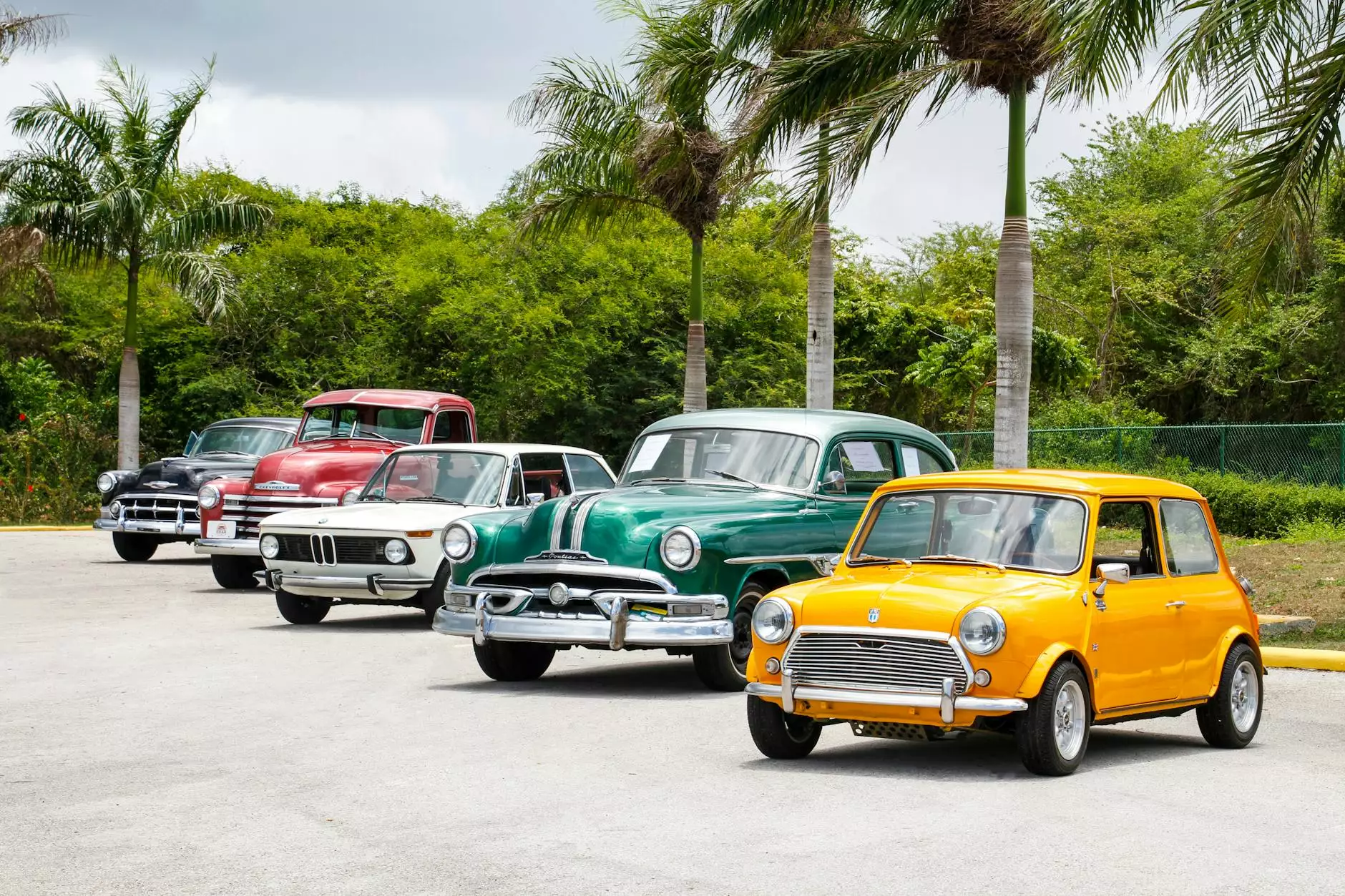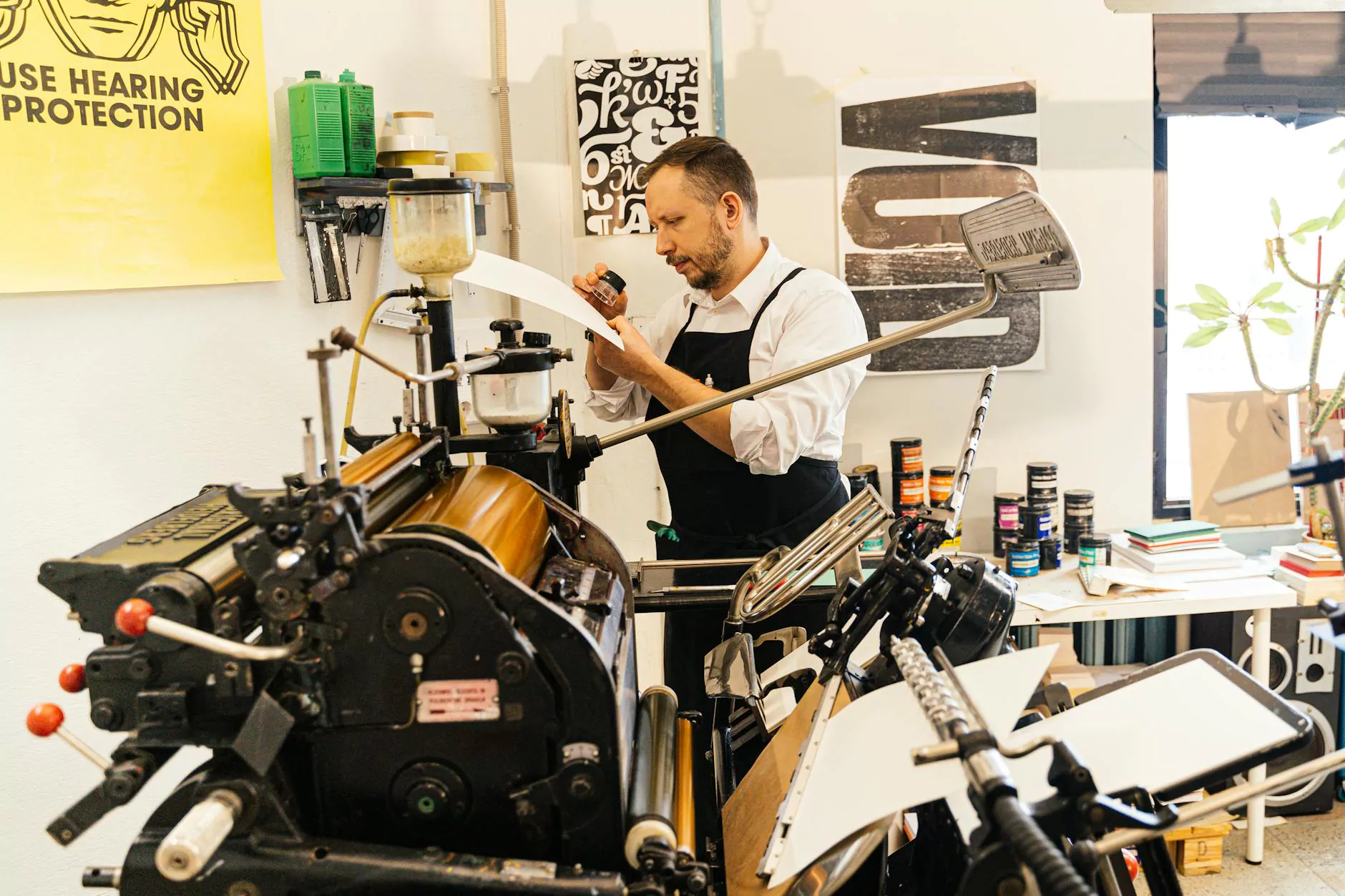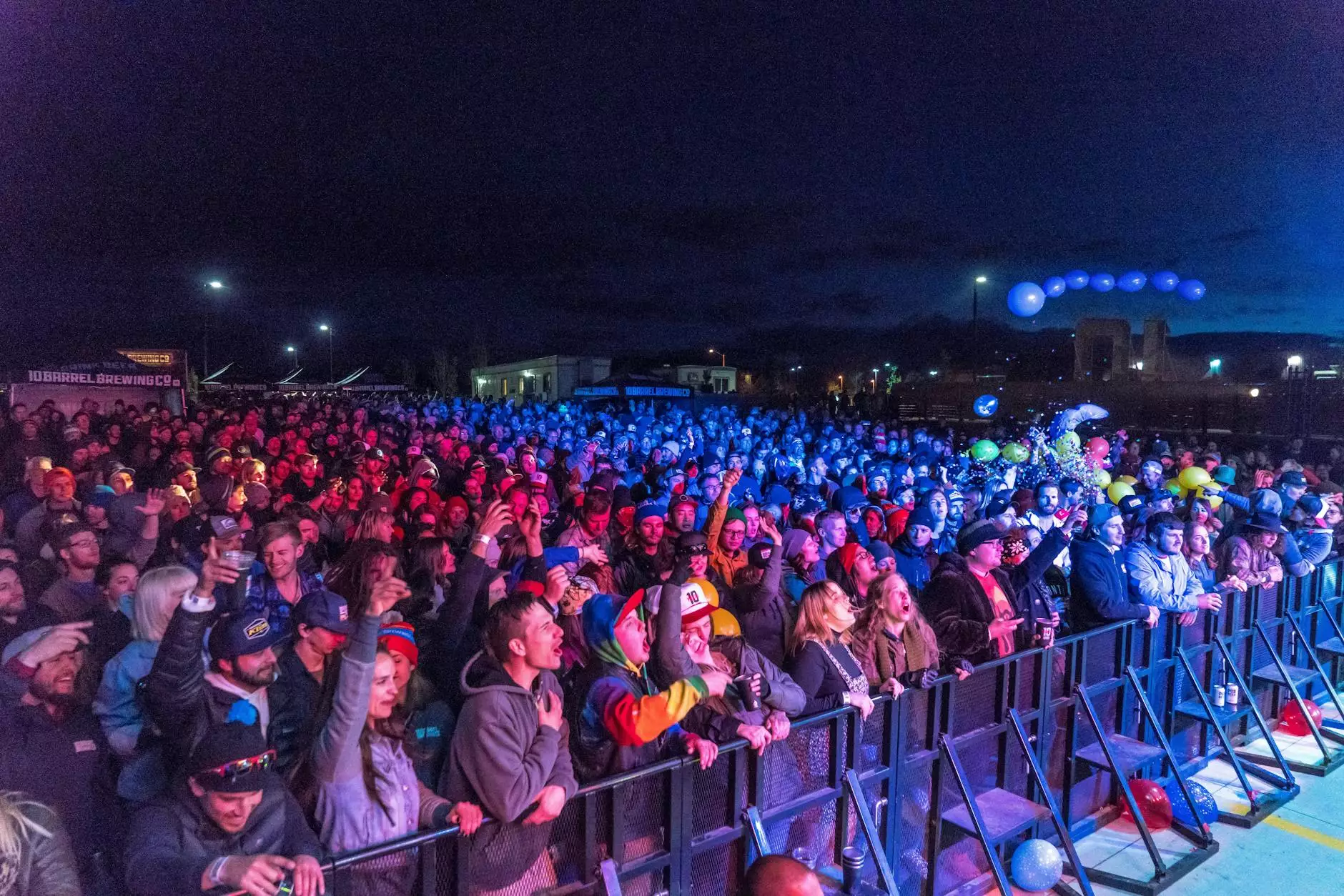Understanding the Market for Used Cars: A Beginner's Guide

When it comes to choosing a vehicle, many consumers are drawn to used cars not only for their affordability but also for the variety and options they provide. The demand for pre-owned vehicles continues to grow, as individuals recognize the vast benefits of selecting a used car over a new one. In this article, we'll delve deep into the world of used cars, discussing the myriad advantages, vital tips for purchasing, and the popular options available at jstarcdjrofanaheimhills.com.
The Appeal of Used Cars
Why are used cars so appealing? Here are a few compelling reasons:
- Cost-Effectiveness: One of the most significant advantages of purchasing used cars is the cost savings. Typically, a pre-owned vehicle will sell for a significantly lower price than a new one, making it easier for many buyers to fit a car into their budget.
- Depreciation: New cars lose value quickly. A used car has already experienced the steepest part of its depreciation curve, allowing you to avoid this financial pitfall.
- Variety: The used car market offers an extensive range of makes and models, from economy cars to luxury vehicles, ensuring that you're likely to find a car that suits your preferences and needs.
- Customization: Many consumers enjoy the idea of customizing their car. With used cars, you have more room to invest in modifications without the fear of voiding warranties.
Important Factors to Consider When Buying Used Cars
Before making your purchase, it's vital to conduct thorough research and consider various factors to ensure you get the best deal possible:
1. Identify Your Needs
Think about what you need the car for. Will it be used for commuting, family trips, or maybe off-roading? Identifying your primary purposes for the vehicle will guide you in selecting the right model.
2. Set a Budget
Take into account not just the purchase price but also insurance, fuel, repairs, and other ownership costs. Setting a realistic budget will help narrow down your choices effectively.
3. Research Vehicle History
For any used car you're interested in, obtain a vehicle history report. This document can provide crucial information about past accidents, ownership, and service records, ensuring that you’re informed before making a commitment.
4. Inspect the Car
Never skip the inspection phase. It’s essential to check for any signs of wear and tear or damage that might not be immediately visible. Consider hiring a trusted mechanic to conduct a thorough pre-purchase inspection.
5. Test Drive
Before finalizing your decision, always take the vehicle for a test drive. This not only gives you a feel for how the car handles but also allows you to assess its comfort and functionality.
The Process of Buying Used Cars
Buying a used car can be straightforward if you follow a practical process:
Step 1: Research Online
Use online resources and dealer websites such as jstarcdjrofanaheimhills.com to study various models and their market value. Understanding the average prices for your desired models will help you negotiate better.
Step 2: Visit Local Dealerships
Once you've narrowed down your options, visit local dealerships. This will provide the first-hand experience of the vehicles while allowing you to ask questions about warranties and services available.
Step 3: Negotiate the Price
Don’t hesitate to negotiate. Every seller expects this to some degree. Be prepared to discuss the vehicle’s condition and any issues identified during your inspection.
Step 4: Finalize the Purchase
After reaching an agreement, carefully review the paperwork before signing. Ensure that every detail aligns with what was discussed, including warranties and any promises made by the seller.
Customizing Your Used Car
One of the many benefits of buying a used car is the opportunity for customization. Personalizing your vehicle can enhance its performance and make it uniquely your own. Here are some popular customization options:
1. Performance Upgrades
Consider improving your car's performance with enhancements like better suspension, exhaust systems, and engine tuning. These alterations can lead to a more enjoyable driving experience.
2. Aesthetic Modifications
From new paint jobs to unique rims, the visual appeal of your car can be easily transformed. Adding quality custom elements can help your used car stand out on the road.
3. Technology Features
Integrating the latest technology into your vehicle is another fantastic way to customize. Consider upgrading to a modern infotainment system, better audio speakers, and even safety features like blind-spot monitoring.
Where to Buy Used Cars
The channels available for buying used cars have evolved considerably. Here’s where you can start your search:
1. Dealerships
Authorized dealers often provide certified pre-owned vehicles which come with warranties. Choose a reputable dealership like jstarcdjrofanaheimhills.com to reassure yourself of quality.
2. Online Marketplaces
Websites such as AutoTrader, CarGurus, and local classified ads can offer a competitive edge by allowing you to compare prices and options across various listings.
3. Private Sellers
Buying from private sellers can sometimes save you money, but it comes with the necessity of thorough due diligence to ensure you're making a wise investment.
Conclusion
The world of used cars is filled with opportunities and options for the discerning buyer. By understanding the market, taking a conscientious approach to your purchase, and considering customization options, you can not only find the perfect vehicle but also enjoy a fulfilling ownership experience.
For the best choices and expert advice, always check out jstarcdjrofanaheimhills.com, where you’ll find a fantastic selection of high-quality used cars that meet all your automotive needs. Whether it's for practical usage, a dream project, or upgrading your lifestyle, the right used car is waiting for you.
usedcars








